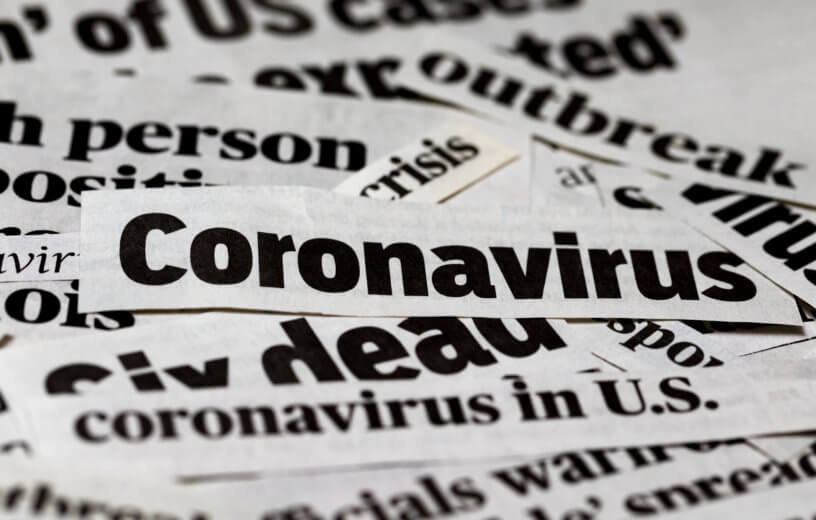DAVIS, Calif. — COVID-19 has been headline news for over a year now. Although the virus is still out there and new cases come in every day, a new study finds the public is starting to tune out coronavirus updates. Researchers from the University of California-Davis say society is becoming desensitized to the health crisis, especially when it comes to following pandemic-era safety measures.
Their study looked at both COVID-19 new articles and reaction to these updates on Twitter to see how the public’s attitudes are changing since early 2020. Researchers say that despite the death toll continuing to increase, people are generally showing less concern about COVID-related news.
It’s a drastic change from where the world was just over a year ago. In the spring of 2020, many people started to hoard essential supplies like toilet paper, panic-buying whatever items they could find, and generally reacting with extreme anxiety on social media.
Communications doctoral student Hannah Stevens says that’s no longer the case. In fact, the findings reveal people are now shifting back to risky social behavior and are less fearful of ignoring pandemic measures like social distancing.
“COVID-19 has made an indelible mark on history, and now it’s time to consider what went wrong so we can do better in communicating more effectively during future health crises, and even now, as the delta variant becomes more widespread,” Stevens says in a university release. “First and foremost, we need to understand how and why scary health news lost impact over time, despite the rapidly increasing death toll.”
News overload is making people care less about COVID
Study authors looked at the effect of early fear-based health messages in the news. They found that such reporting motivated many people to change their behavior to help curb COVID’s spread. That includes social distancing and quarantining indoors. However, researchers also find over-exposure to the constant stream of fear-based reporting is desensitizing people to the message.
Using computer programs to analyze the language people are using on Twitter, researchers measured the anxiety levels the public has been displaying throughout the crisis. They also compared those results to the overall COVID death toll in the United States. The results show that as the months go on, the anxiety in Twitter reaction to new coronavirus news simply isn’t there. While widespread vaccinations may play a role in this, the researchers believe it’s important that people not become numb to the ongoing health risks still present.
“Our study shows a need to delve deeper into how to re-sensitize the public and motivate them to take action in the face of an ongoing emergency. Testing the effectiveness of various health-risk communication strategies could quite possibly mean the difference between life and death in the future,” Stevens adds.
“If another health crisis occurred today, or COVID-19 takes another turn for the worse, it is essential for public health officials to consider that they are communicating to a desensitized public. I hope that this paper can be an impetus to get that discussion started.”
The findings appear in the Journal of Medical Internet Research Infodemiology.
